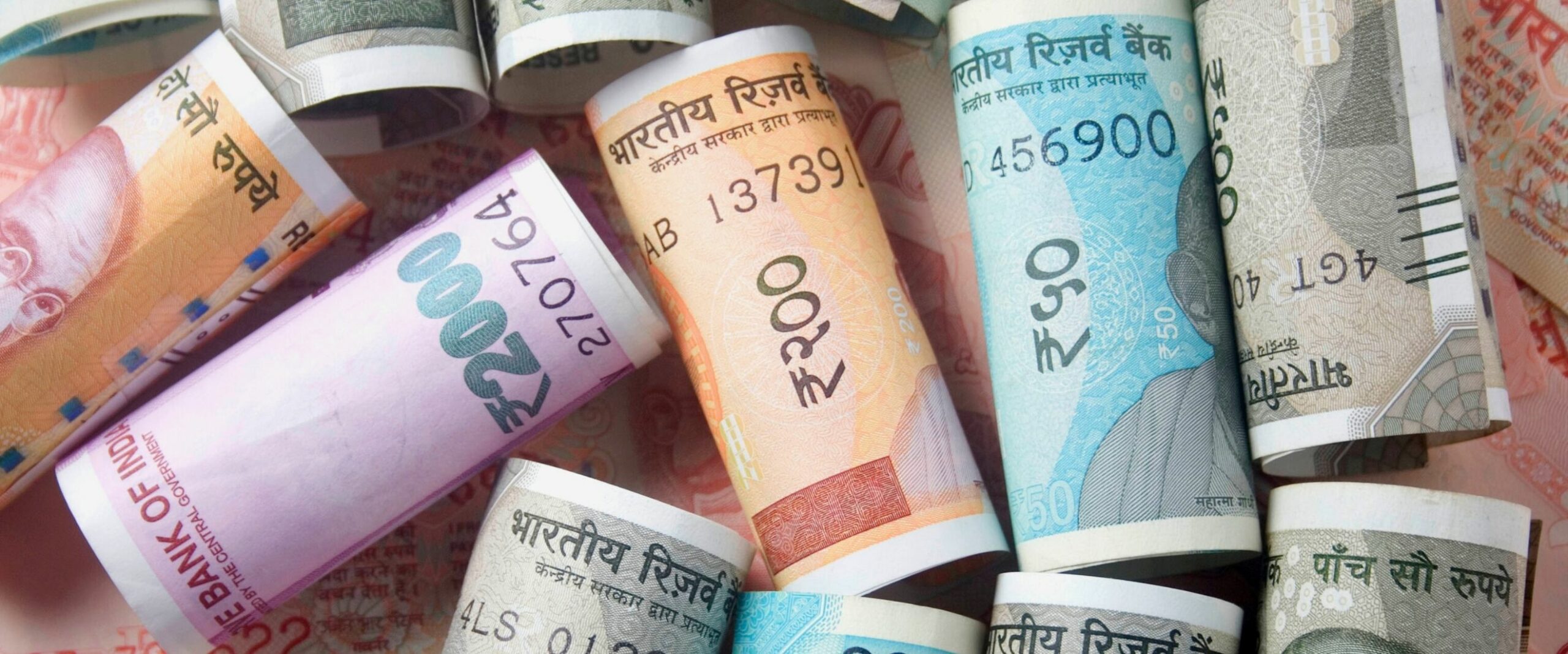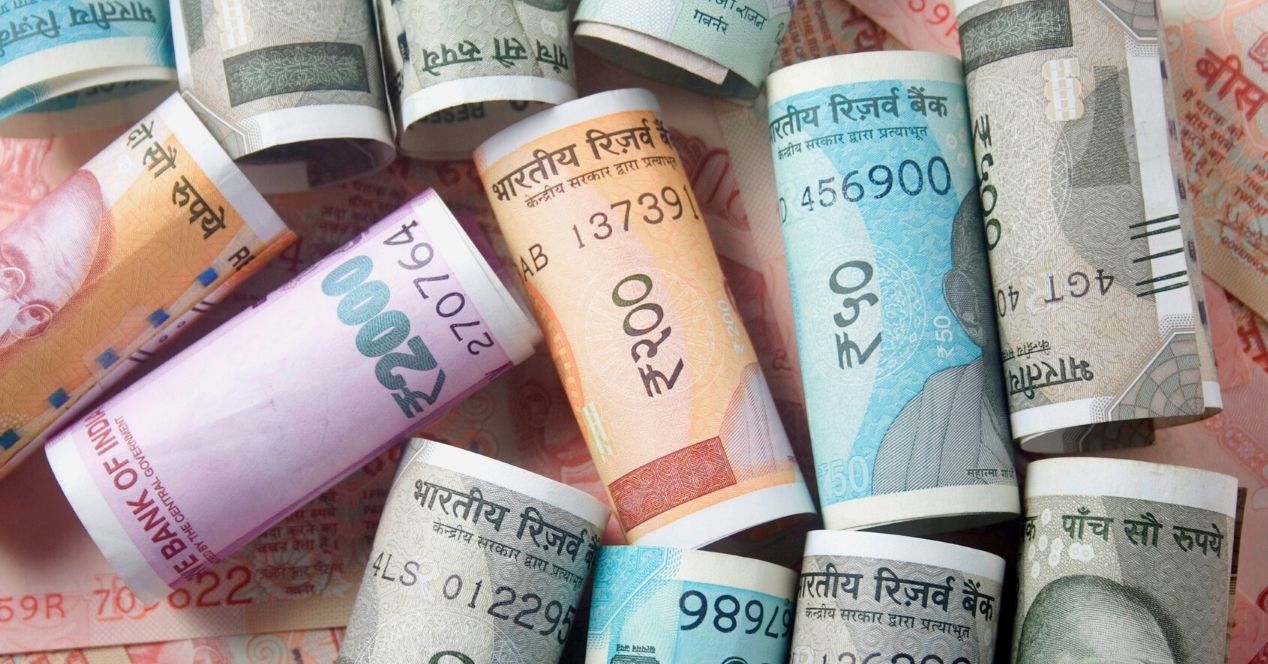Analysis
PMLA Judgement Review deferred as Union government requests extra time
Senior Advocate A.M. Singhvi argued that the Vijay Madanlal judgement incorrectly upheld provisions which were declared unconstitutional

Today, a Division Bench of Justices S.K. Kaul, Sanjiv Khanna, and Bela M. Trivedi continued hearing arguments on the question of referring the 2022 Prevention of Money Laundering Act , 2002 (PMLA) judgement—Vijay Madanlal Choudhary v Union of India (2022)—to a larger bench.
Yesterday, Senior Advocate Kapil Sibal argued that the PMLA judgement incorrectly allowed retrospective application of the PMLA and erred while considering the legislation as a sui generis one and not a penal statute. Additionally, he contended that Vijay Madanlal upheld provisions which breached personal liberty under Article 21.
Today, Senior Advocate Abhishek Manu Singhvi, appearing for Sanjay Chabbaria, argued that the PMLA judgement in Vijay Madanlal wrongfully upheld amendments to Section 45 of the PMLA relating to cognisable and non-bailable offences. Chhabaria was arrested under PMLA for the Yes Bank – DHFL loan fraud case.
“Obliterated” provision cannot be revived by amendment
Singhvi argued that the Finance Act, 2018 amended Section 45(1) of the PMLA, a provision struck down by the Supreme Court in Nikesh Tarachand Shah v Union of India (2017). Nikesh Tarachand held that the “twin conditions” required for bail under Section 45(1) violated Articles 14 and 21 of the Constitution. Under the “twin conditions”, the accused has to prove that there is no prima facie case against them and that they would commit no further offences. He relied on Mahendra Lal Jaini v State of Uttar Pradesh (1962) and State of Manipur v Surajkumar Okram (2022) to argue that provisions once declared unconstitutional are treated as if they never existed in the statutes.
The Bench seemed sceptical. Justice Khanna, extending a benefit of doubt to the legislature, observed that the amendment may have been made to rectify the lacuna in Section 45(1). According to Singhvi, the legislature has nowhere addressed the lacuna while amending the provision. He contended that Parliament was empowered to revive the provision using three modes:
- Reenacting it “with the appropriate language” which would not be declared as unconstitutional, or
- Insert it in the Ninth Schedule of the Constitution which includes central and state laws that are immune from judicial review; or
- Certify that the law relates to Articles 31B and 31C which validates laws mentioned in the Ninth Schedule and laws giving effect to Directive Principles respectively.
Singhvi stated that none of these modes were made applicable for reviving Section 45. According to him, the amendment to Section 45(1) brought back the “twin conditions” and made bail more stringent.
International conventions do not set “draconian” standards
Singhvi drew attention to three international conventions addressing money laundering: the Palermo Convention, the Vienna Convention, and the Financial Action Task Force (FATF). He emphasised that the Union’s arguments pivot on meeting international obligations outlined in these conventions. While citing various provisions from the Palermo and Vienna conventions, Singhvi asserted that these international treaties advocate upholding the fundamental principles of domestic laws. According to Singhvi, the Union’s amendments are a departure from the recommendations of international conventions.
Singhvi specifically pointed out that Solicitor General Tushar Mehta often relies on the FATF in his arguments. Most recently, Mehta favoured extending the tenure of ED Director Sanjay Kumar Mishra based on an upcoming FATF review. Singhvi argued that the FATF also supports the protection of fundamental principles, which, he claimed, the amendment to Section 45 neglects.
The focus then shifted to Section 3 of the PMLA. In the previous hearing, Sibal argued that the term “and” in Section 3 was erroneously interpreted as “or” by the Court in Vijay Madanlal. This has the effect of meaning that individuals can face charges of money laundering even if their involvement with the proceeds of a crime involves merely receiving or using the funds, without any malicious attempt to present them as legitimate assets. Singhvi contended that such a substitution was never recommended by the FATF.
Vijay Madanlal did not address the issue of Money Bills
Singhvi pointed out that the amendments to Section 45 were wrongfully introduced under a Money Bill i.e. the Finance Act, 2018. A Money Bill is passed without the assent of the Rajya Sabha. He indicated that this argument was demonstrated by the petitioners over the course of 25 days of hearing last year. However, the Bench led by Justices A.M. Khanwilkar, Dinesh Maheshwari and C.T. Ravikumar directed that the issue of Money Bill will be addressed in Rojer Mathew v South Indian Bank Ltd. Interestingly, Vijay Madanalal noted that if the challenge to the Money Bill is correct, all amendments will be declared ineffective and unconstitutional. The next hearing in Rojer Mathew is expected to be held on 30 January 2024.
“Additional time” or full steam ahead?
Before today’s proceedings began, Mehta appealed to the Bench to grant him additional time to argue in light of an amendment petition filed by the petitioners. Justice Khanna agreed that the petitioners “complicated the matter” by filing an amendment petition. Yesterday, Mehta had argued that the amendment petition widened the scope of the challenge and changed its nature. Singhvi stated that, as per his count, Mehta has so far interrupted the proceedings with this request a total of “19 times” since yesterday. Mehta courteously replied that he just needs “reasonable time” to assist the Court.
Sibal vehemently suggested that none of his own arguments addressed matters in the amendment petition. Additionally, he stated that Justice Kaul, set to retire on Christmas this year, said that he cannot take the “burden” if the arguments go beyond the correctness of PMLA judgement. Justice Khanna added that there are several issues arising from the present case which were not directly addressed in Vijay Madanlal. After assurances from Singhvi, the Bench permitted him to continue with his arguments.
Later in the day, after Singhvi concluded his arguments, Mehta informed the Court that he would start his arguments on another day. However, due to Mehta’s unavailability in subsequent weeks for a Constitution Bench, the Bench noted that there would be no opportunities for regular hearings before the Christmas vacation starting on 18 December 2023. Justice Kaul expressed regret and said, “with a heavy heart”, that the hearings in this petition would have to be deferred. Pronouncing the order, he directed the Chief Justice of India to constitute a new bench in light of his retirement. The Bench instructed the Union to respond to the amendment petition within four weeks.



